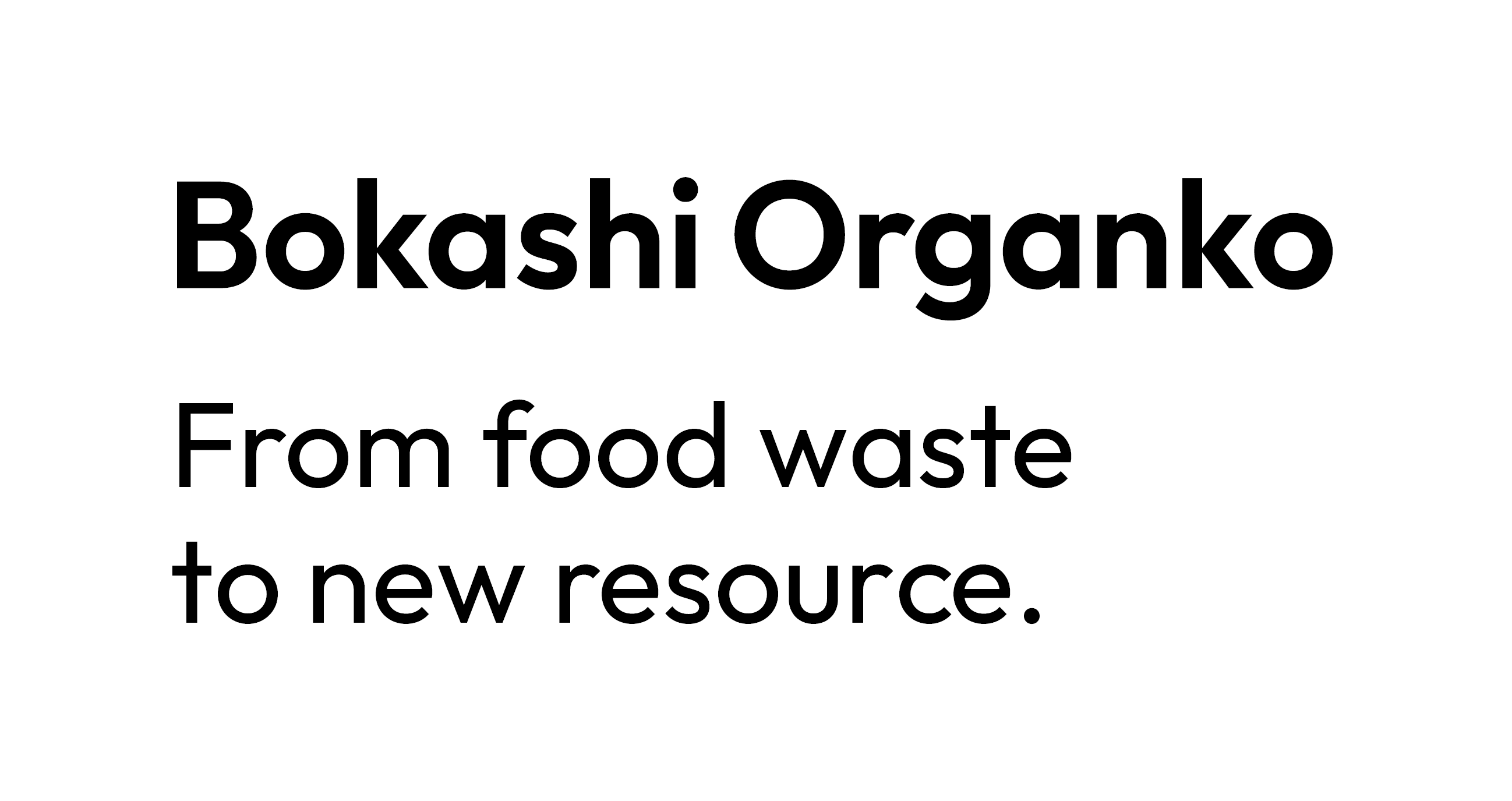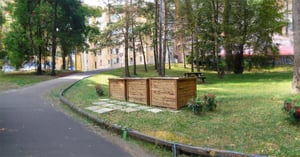In one of our past articles, we explained that the European next big thing in food waste management comes in the form of a new law. The latter will start to take effect on 31 December 2023. As such, this is when EU member states will be obligated to separately collect biowaste. In addition, this date also marks the beginning of the prohibition of burning or landfilling biowaste. Hence, it is an important step toward solving the food waste issue. After all, on average, only two out of ten people tend to start properly collecting waste just based on being informed. So, the penalties related to this upcoming law are just the incentive that will ensure people in the EU start to tackle the food waste issue in their households.
However, the 20 % of advancing people that tend to do the right thing as soon as they learn about it, are already making a difference all across the globe. This comes to life in the form of more restrictive waste-management laws already in place in certain municipalities, pilot projects, communities implementing proper kitchen waste management, farms focusing on organic farming using compost, and so on. In fact, even the European Environmental Bureau (EEB) lists some good practice examples of biowaste collection that aim to solve the food waste issue. Among others, these include Slovenia’s Decree on the Management of Biodegradable Kitchen Waste and Garden Waste and the French city of Besançon project that aims to recycle biowaste at source. And, as the title suggests, we’ll take a closer look at the latter herein.
How do they tackle the food waste issue in Besançon?
Thanks to SYBERT - a waste management company - and their advancing initiatives, Besançon, France, has been labeled as one of the great examples when it comes to tackling the food waste issue. The main goal of SYBERT’s initiatives is to overcome the challenges of community and urban composting. As such, they have established over 230 community compost points throughout the city of Besançon.
They started their project back in 2015 by implementing 11 composting sheds and successfully recruited roughly 2,500 people to participate in their initiative. As such, the participating households started separately collecting their kitchen waste. Then, they were able to dispose of their organic waste using composting sheds. The latter were open two to three times per week at convenient times (including Wednesdays and Saturdays). Hence, local residents were able to bring food waste (excluding meat, fish, and dairy to avoid rat infestations) and other organic/green waste.
Furthermore, to ensure that the food waste issue was properly handled, volunteers from the local community were present during opening times. Moreover, wood chips were added to establish the optimal structure and aerobic conditions of the composting piles. Then, the collected waste was composted over six months. Finally, the resulting compost was used for local community areas and by residents.
The initial pilot project was very successful and it grew to 251 composting facilities by June 2015. As such, that meant that over 8,900 households had an opportunity to properly collect and dispose of their organic waste. And, according to certain SYBERT’s reports, about 40 % of those households actually participated actively. Moreover, in the first three years alone, this awesome food waste issue solution diverted over 740 tonnes of organic waste from residual waste incineration. Of course, SYBERT continues to expand this good practice.
Can we solve the food waste issue?
Well, the food waste issue definitely can’t be solved overnight. After all, we currently waste more than one-third of all the food we produce. And, this waste is spread throughout all stages of the food supply chains. However, households continue to be the main producers of food waste. Thus, we must all do the best we can to minimize food waste in the first place. Of course, it will take time to change our shopping and food storing habits. Plus, just by eating fruits and vegetables, there will always be some organic waste. Thus, community composting at source, just like they do it in Besançon, is a great solution.
Furthermore, the above-described solution can become even more efficient and user-friendlier when bokashi composting is included in the plan. The latter is the single best indoor composting method as it involves no smell and no pests. In addition, it releases about 20 times less greenhouse gas emissions than traditional composting. This makes bokashi composting both user- and environmentally-friendly. Thus, it enables households to start composting in the comfort of their homes. And, all this method requires is a high-quality bokashi composter and bokashi bran.
In case you are hearing about this ancient food waste issue solution for the first time, we recommend you enroll in our free Bokashi Academy. There, you can learn all you need to know about how to ensure your household starts to properly manage organic waste. Nonetheless, this is also where you can learn how you can help close the #bokashiloop and thus follow Besançon’s lead.
Last but not least, to answer the above question, we honestly believe that with the help of Bokashi Organko bins and joined forces we can successfully solve the food waste issue. Together we can make a difference!


